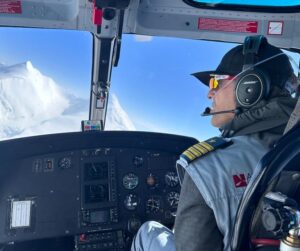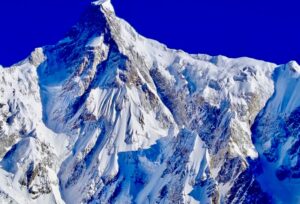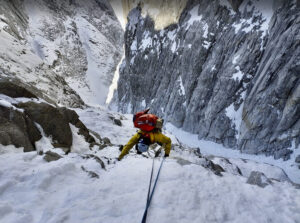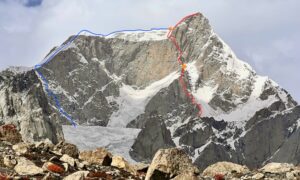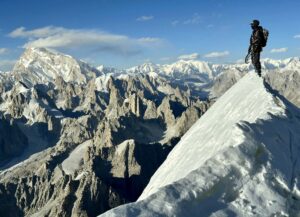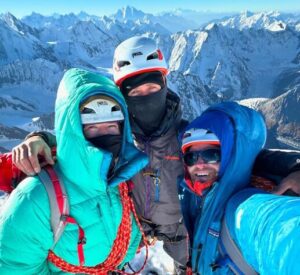The bitter dispute between Pakistani Authorities and local outfitters over 300 percent price increases for trekking and climbing permits has not settled down. In fact, the conflict has worsened. Some travelers have already lost their vacations because the government is not issuing permits until the issue is resolved.
Stakeholders worry that the unprecedented increase will scare away potential visitors. Some then took the case before the Chief Court of Gilgit-Baltistan. This area encompasses Central Karakoram National Park, Nanga Parbat, and most of the country’s higher mountains.
The tribunal put the price increase on hold while the question is studied. That seemed to resolve the situation in favor of the outfitters, at least for this year. Both local and international companies are desperately trying to finalize their expeditions to the Karakoram. The season is just beginning.
However, after the court ruling, events took a turn for the worse.
No increase, no permits
In response, the government has delayed issuing permits altogether. Some early trekkers in Pakistan had to return home without ever leaving town, and hundreds of others are currently on stand-by.
“Over 200 foreign trekkers and mountaineers through their tour operators have already applied for trekking and mountaineering in Gilgit-Baltistan, but the tourism department has not issued permits,” the Dawn newspaper reported.
So what seemed like a break in the dispute a few weeks ago has now become a serious blow to Pakistan’s mountain tourism.
Warning for travelers
The president of the Pakistan Association of Tour Operators (PATO), Niaz Ahmed, told Dawn that the court only suspended the price increase and was not responsible for delaying the permitting process. However, sources at the Tourism Department say they can’t issue permits at the old 2024 rates because the Act establishing those prices has already been revoked.
Adventure Tours Pakistan CEO Naiknaam Karim told Dawn that a group of his clients had planned to trek along the Panmah Glacier to Sim Pass beginning on March 24. They had to fly home after waiting several days in vain for a permit. Anyone who plans to visit Pakistan should take note of this uncertainty.

Climbers at K2 Base Camp. Photo: Seven Summit Treks
For Gilgit-Baltistan, mountain tourism is a major source of income.
“Unless a solution comes soon from either the Chief Court or the Gilgit-Baltistan government, the situation will definitely affect trekkers and mountaineers,” Ali Porik of Jasmine Tours confirmed to ExplorersWeb.
Ali Saltoro of Alpine Adventure Guides told ExplorersWeb he hopes the issue will be resolved soon. The Chief Court took the case yesterday. However, when or if permits will be issued again and at what price remains unclear. Few clients are willing to wait until the last minute only to pay radically higher than what they had in mind.
What are these potential price increases?
In September 2024, Gilgit-Baltistan announced that the previous collective fee for a group of seven climbers would change to individual permits costing three times more per climber. Under the old system, one person in a seven-member group paid one-seventh of a $12,000 collective permit to climb K2. Under the new rules, they would now pay $5,000 each — nearly a 300% increase.
The other four 8,000m mountains in Pakistan (Broad Peak, Gasherbrum I and II, and Nanga Parbat) would increase by a similar amount. So would lower peaks and even trekking routes.

